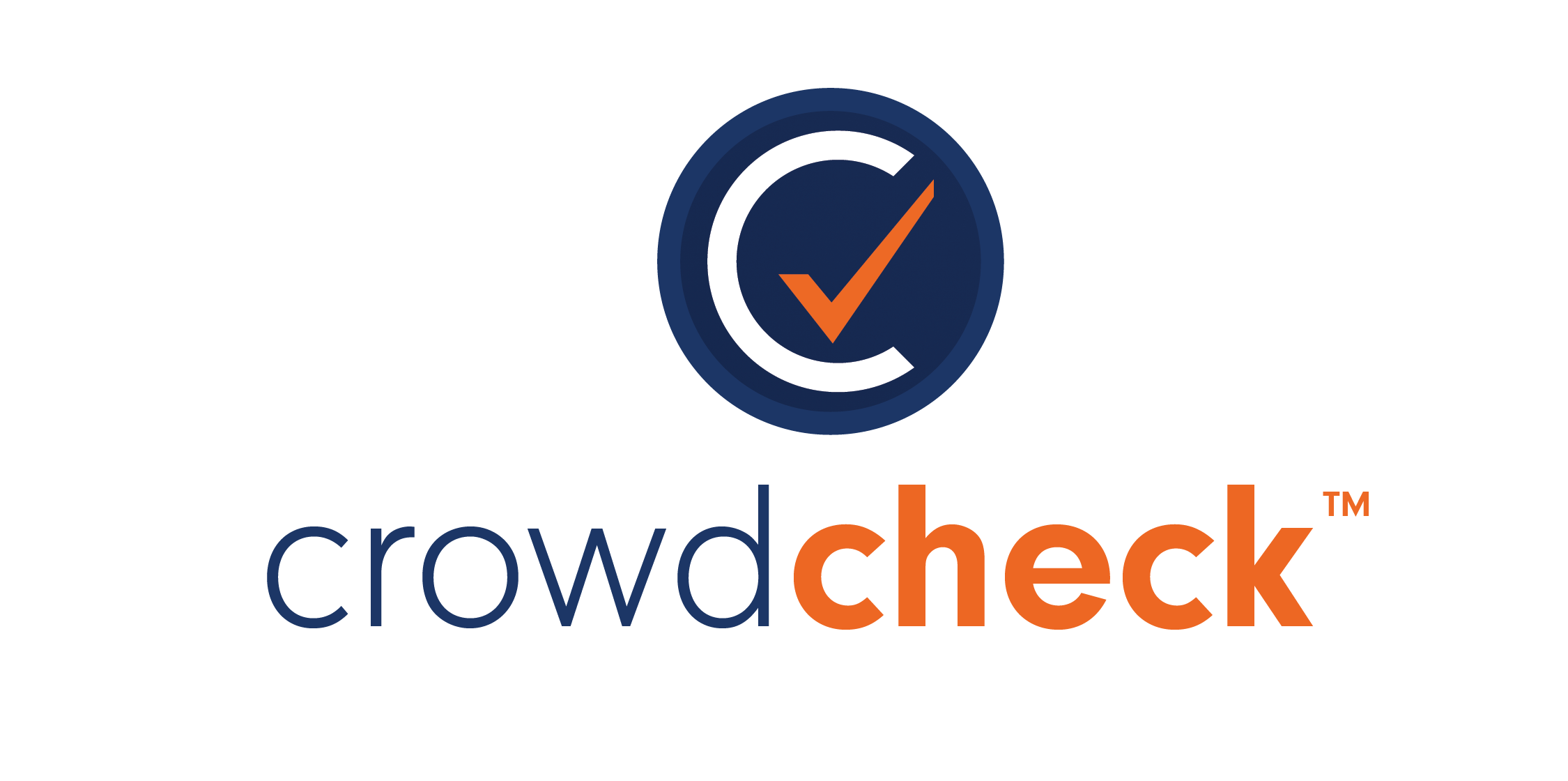Companies often wonder, does it make sense to do a Reg CF offering rather than a Reg A offering? Keep in mind that although selling securities using Reg CF may at first blush seem faster, cheaper and may have some advantages for marketing purposes, it is not always an easy calculation to make. There are some other factors to consider when deciding:
- How quickly are you willing to be an Exchange Act reporting company?
- Are you willing to keep track of an SPV and multiple reporting regimes?
Becoming a reporting company under Exchange Act Section 12(g)
For most companies (generally non-banks) under Exchange Act Section 12(g), the company would need to register a class of securities and become a fully-reporting company with the SEC (filing quarterly statements, proxy statements and the like) if:
- it has more than $10 million of total assets; and
- the securities are “held of record” by either 2,000 persons, or 500 persons who are not accredited investors.
To make Reg CF and Reg A more accessible for many companies, both Reg CF and Reg A have conditional 12(g) exemptions; unfortunately, they have different rules.
- Under Reg CF, the exemption generally allows companies to exclude the Reg CF holders from the 12(g) calculation of holders of record until the issuer’s total assets are greater than $25 million.
- Under Reg A, you can exclude the Reg A holders from the 12(g) calculation of holders of record until the company has a public float of $75 million, or, in the absence of that, has $50 million in revenue in a given fiscal year.
If a company falls outside the conditional exemptions, once it trips the Section 12(g) thresholds it has two years to prepare to become fully-reporting.
Practically, this means that a company should look at who they are and determine what makes sense for them…
- For instance, do they already have over $25 million in assets?
If so, a successful Reg CF offering will mean the company is on the fast track to registration.
- Might their current fundraising elevate their assets?
Companies that have held several successful capital raising rounds may have a lot of cash on their books at the end of their fiscal year and could inadvertently lose the Reg CF exemption from 12(g).
- Does the company plan to do a subsequent Reg A?
Keep in mind that Reg A is up to $75 million, which means a successful Reg CF, followed by Reg A, could mean the company is on the fast track to registration if it has a lot of cash on hand that increases its total assets, and the Reg CF conditional exemption could fall away years before the Reg A.
- What type of business does the company do?
Certain business will typically follow different arcs (if they are successful), which means those companies may hit the Reg CF threshold, but they may never hit, or it may take years to hit, the Reg A threshold.
For instance, is the company one that will require significant capital expenditure and take years to bring a product to market (e.g. a manufacturer of planes, cars, roller coasters, etc.). These companies will have significant assets, but revenue may not come for 5-10 years.
- Is the company a real estate company?
Depending on the company’s revenue model this may also lead to the company becoming a reporting company faster than otherwise. For instance, will the company that will make money through rent and capital appreciation? This means the company’s revenue will typically be a percentage of the assets, so this type of company, could have significant assets and may never reach the $50 million revenue threshold under Reg A.
SPVs
You may be asking yourself: can’t you use an SPV? The answer is probably yes, but keep in mind a few items:
- Having an SPV means additional paperwork to keep track of and maintain.
- For offerings under Reg CF over $618k (or $1.235 million for a first-time user), the company will need audited financials for both the company and the SPV.
- If the company has over $10 million in assets, the company will most likely need to continue filing annual reports under Reg CF until it becomes an Exchange Act reporting company (however, there is some ambiguity in the rules).
- If the company has over $25 million in assets and is late with its Reg CF annual report, the company can trip 12(g) and will have 120 days to become public (talk about a fast track!).
This is one of the areas that you should discuss with your attorney and note that a little early planning may save a lot of aggravation (and cost) later on.
